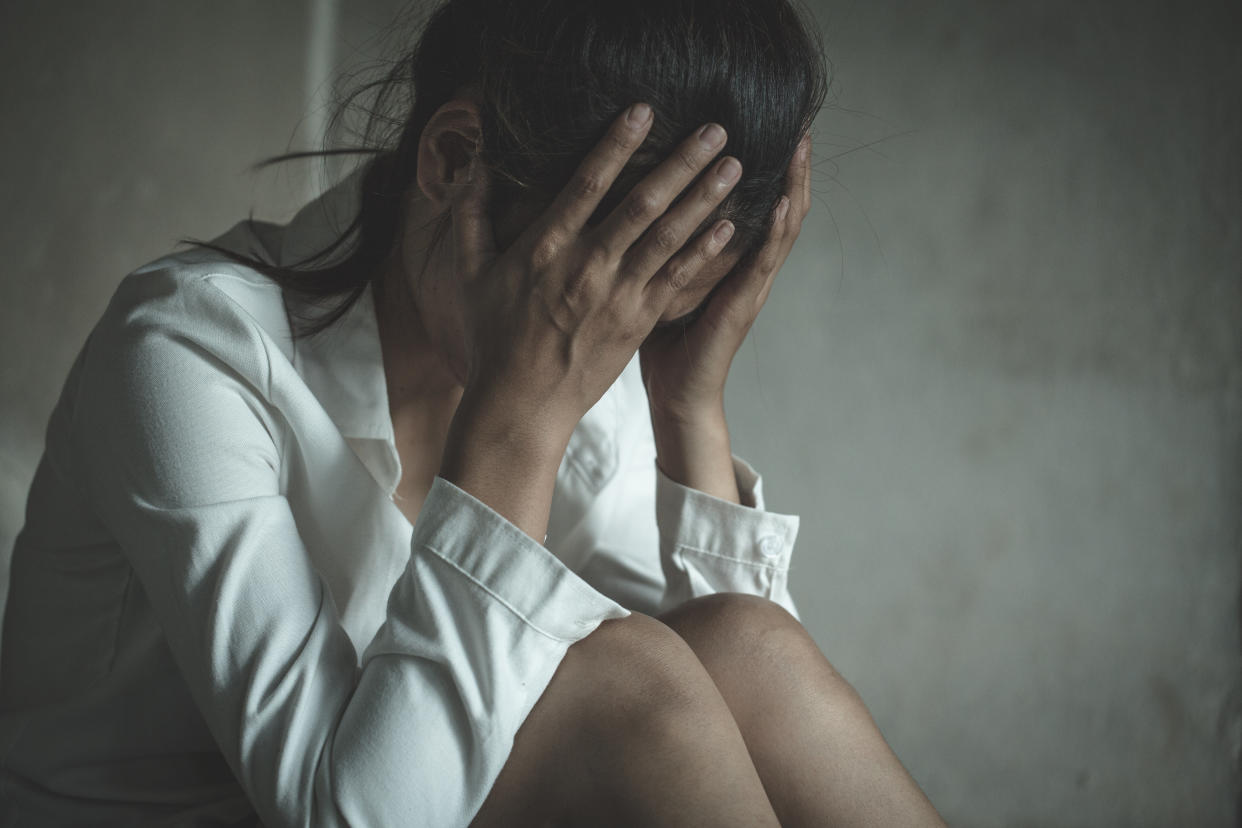Demands to grant anonymity to victims of revenge porn

Revenge porn victims should be granted anonymity and police officers need more training on how to deal with the issue, campaigners have said.
Police investigations for revenge porn have doubled in the last four years but the number of charges has dropped.
Revenge porn, which is a term used to describe the sharing of of private or sexual images or videos of a person without their consent, became an offence in England and Wales in April 2015.
There were more than 3,000 reported instances of revenge porn in the UK from 2017-18.

The offence is currently in the “communications crime” category and as a result, victims are not granted anonymity.
Sophie Mortimer, of the Revenge Porn hotline, called for police to be given more training on the law.
She said: “It’s all very well changing the law and making these things illegal, but if the frontline services don’t understand what the law actually means then you’ve only done half the job.
“We’d like to see it made a sexual offence because that would guarantee anonymity for victims.”
The National Police Chiefs Council has said that police forces take the crime “very seriously”.
Read More
Revenge porn: What it is and what you can do if you're a victim
‘Revenge porn’ and ‘dox’ are among the 2,000 words just added to the dictionary
In the last year, more than a third of victims said they would not go ahead with the case and often this is because the victims were not granted anonymity or did not have police support.
A joint Ministry of Justice and Home Office statement said: "When we engaged with victims and campaigners in designing the new law they accepted that the motive for this crime is almost always malicious, rather than sexual, which is why the law considers it a non-sexual offence.
"We launched and continue to support the Revenge Porn helpline, which helps victims to speak with the police and to social media companies about removing the content."

 Yahoo News
Yahoo News 
